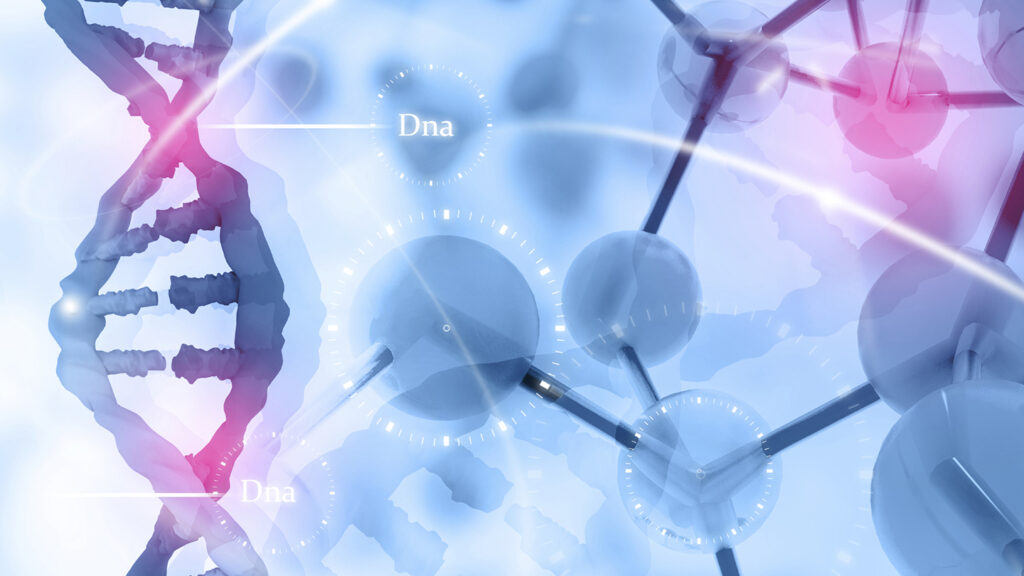Introduction
In the world of assisted reproductive technology, such as In Vitro Fertilization (IVF), genetic counseling plays a critical role in helping individuals and couples make informed decisions about their reproductive journey. Genetic counselors are healthcare professionals with expertise in genetics and counseling, and they provide valuable guidance and support to individuals and couples seeking fertility treatments. In this comprehensive guide, we will explore the pivotal role of genetic counselors in IVF, the importance of genetic testing, and how these professionals contribute to the well-being of families during the IVF process.
Part 1: The Role of Genetic Counselors in IVF
- Understanding Genetic Counselors:
– Genetic counselors are trained professionals who specialize in the field of genetics and counseling.
– They assist individuals and couples in understanding the genetic aspects of their fertility journey and make informed decisions.
- Pre-IVF Genetic Counseling:
– Before embarking on IVF, genetic counselors provide comprehensive assessments of the genetic risks associated with the couple’s family history.
– They help identify potential genetic disorders or conditions that may impact fertility or the health of future offspring.
Part 2: The Importance of Genetic Testing
- Genetic Testing in IVF:
– Genetic testing is a crucial component of IVF to assess the genetic health of embryos before implantation.
– It helps identify genetic abnormalities and chromosomal disorders that could lead to infertility or pregnancy complications.
- Types of Genetic Testing:
– Genetic counselors educate individuals about various genetic tests, including preimplantation genetic testing (PGT), carrier screening, and preconception genetic testing.
– They explain the purpose and potential benefits of each test.
Part 3: The Genetic Counseling Process in IVF
- Initial Consultation:
– Couples meet with genetic counselors for an initial consultation to discuss their medical history, family history, and concerns.
– The counselor assesses the need for genetic testing based on this information.
- Education and Informed Consent:
– Genetic counselors provide detailed explanations of genetic testing procedures, including the risks, benefits, and limitations.
– Couples give informed consent before undergoing testing.
- Interpretation of Results:
– Genetic counselors help couples interpret the results of genetic testing and explain any identified genetic conditions or risks.
– They offer guidance on the implications of the results for fertility and family planning.
Part 4: Genetic Counseling and Family Building Decisions
- IVF with Preimplantation Genetic Testing (PGT):
– For couples undergoing IVF with PGT, genetic counselors assist in selecting and transferring embryos free of genetic abnormalities.
– They provide support throughout the process.
- Decision-Making:
– Genetic counselors help couples make challenging decisions, such as whether to proceed with IVF, use donor gametes, or consider adoption in the presence of significant genetic risks.
– They respect individual values and preferences.
Part 5: Emotional and Psychological Support
- Coping with Genetic Information:
– Receiving genetic information, especially related to potential risks or conditions, can be emotionally challenging.
– Genetic counselors provide emotional support and resources to help individuals and couples navigate their feelings and decisions.
Part 6: Ethical Considerations
- Ethical Dilemmas:
– Genetic counseling in IVF raises ethical questions about privacy, informed consent, and the potential implications of genetic testing.
– Genetic counselors adhere to ethical guidelines and ensure transparency throughout the process.
- Cultural Sensitivity:
– Genetic counselors respect cultural beliefs and values, recognizing that family-building decisions can be deeply influenced by cultural perspectives.
Part 7: Genetic Counseling Beyond IVF
- Family Planning:
– Genetic counselors continue to provide support and counseling as individuals and couples plan for their families beyond IVF.
– They offer guidance on family planning, prenatal testing, and reproductive options.
Part 8: Conclusion
Genetic counselors play a pivotal role in the world of IVF, offering expert guidance, emotional support, and ethical considerations throughout the fertility journey. Their contributions are instrumental in helping individuals and couples make informed decisions, reduce genetic risks, and achieve the dream of a healthy and happy family.
As IVF and genetic testing technologies continue to advance, the role of genetic counselors remains invaluable in ensuring the well-being of future generations and empowering individuals and couples on their path to parenthood.

